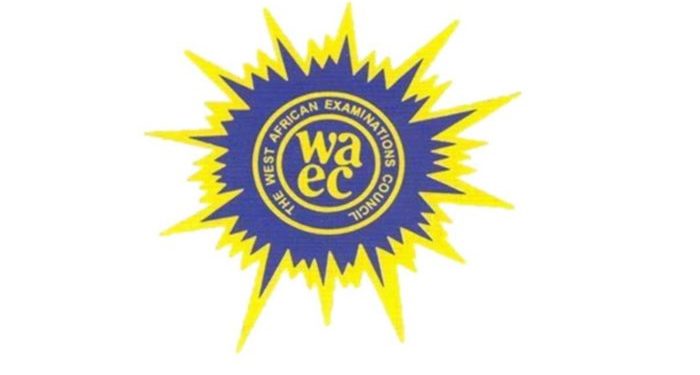The West African Examinations Council (WAEC) has responded to allegations that the body is scheming with government to sabotage private schools for political reasons.
This follows suggestions by a concerned parent and politician; Joseph Yamin who claimed that some owners of some private schools have approached him with concerns that there appears to be a clandestine plot by WAEC to raise the marking scheme for private schools as against public schools.
According to him, this was intended to make students from the private schools fail, thereby hindering their chances of gaining schools in the free SHS
“Students at the private schools during the last term of the academic year are leaving because of free SHS. As of now, they have two marking schemes, one for the private schools and one for the public schools because of politics.
The NPP wants people to know that somebody can go to Prempeh College from MA or whatever, and so parents today will have their kids go through private education up to form 3 and they move them when it’s time for registration to the public schools, so the kids will get good grades to free SHS,” he said.
“The system has two marking schemes which are not fair and must be corrected,” he added.
But in a statement from WAEC and dated May 2, 2023, the examination body refuted the claims, while providing information about the marking process and grading for BECE.
Among other things, the statement said;
“Only one draft marking scheme is developed for each subject. The draft marking schemes are finalized at National preliminary coordination meetings which are attended by Chief Examiners and Zonal Team Leaders for each of the BECE subjects.”
It also noted that WAEC “adopts internationally accepted procedures in its operations and assure its numerous publics that the Council’s marking processes are fair and representative of the performance of candidates.
Read the full statement below:
The attention of the West African Examinations Council (WAEC) has been drawn to a
publication with the above-mentioned title on GhanaWeb dated Wednesday 26th April,
2023.
In the publication referred to, it was reported that “there is a clandestine marking scheme
set out by the key stakeholders in the education sector that has been endorsed by the
government”.
The publication also alleged among others that two marking schemes are used, one for
the private schools and one for the public schools because of polltics.
As the institution responsible for the conduct of the BECE, the Council would like to use
this opportunity to educate all stakeholders and members of the public about the marking
process and grading for the BECE.
1. WAEC follows a standardised procedure in the development, finalisation and application of marking schemes used in the marking of scripts for the BECE.
2. Only one draft marking scheme is developed for each subject.
3. The draft marking schemes (one for each subject) are finalised at National
Preliminary Coordination Meetings which are attended by Chief Examiners and Zonal
Team Leaders for each of the BECE subjects.
4. The final marking schemes (one for each subject) are used to mark dummy scripts
of candidates to ensure consistency in the award of marks.
5. Zonal Coordination Meetings for Chief Examiners, Zonal Team Leaders and Team
Leaders are thereafter held at all marking venues throughout the country to once
again, mark dummy scripts and ensure consistency in the award of marks.
6. Main Coordination Meetings are finally held for Chief Examiners, Zonal Team Leaders and Assistant Examiners at all marking venues used for the marking of BECE scripts.
The marking schemes which were finalised earlier are the marking schemes that are
used.
7. At the end of the Coordination Meetings, all the examiners use the final marking
scheme for each subject to mark the scripts of all candidates.
8. Neither names of schools nor school status (private/public) are indicated on the
envelopes containing the scripts of candidates.
9. Scripts are swapped across the sixteen regions of the country to ensure that
examiners in the various regions do not mark scripts of candidates for their
respective regions.
10. The Stanine Grading System is used to grade candidates who sat for the BECE.
11. Unlike teacher-made assessments, there are no fixed grade boundaries for the BECE.
The grade boundaries for each subject vary from year to year depending on the
performance of candidates.
In conclusion, WAEC wishes to state that it adopts internationally accepted procedures in its operations and assures its numerous publics that the Council’s marking processes are fair and representative of the performance of candidates.
Thank you.
Agnes Teye-Cudjoe (Mrs.) Head, Public Affairs for. Head of National Office










Discussion about this post